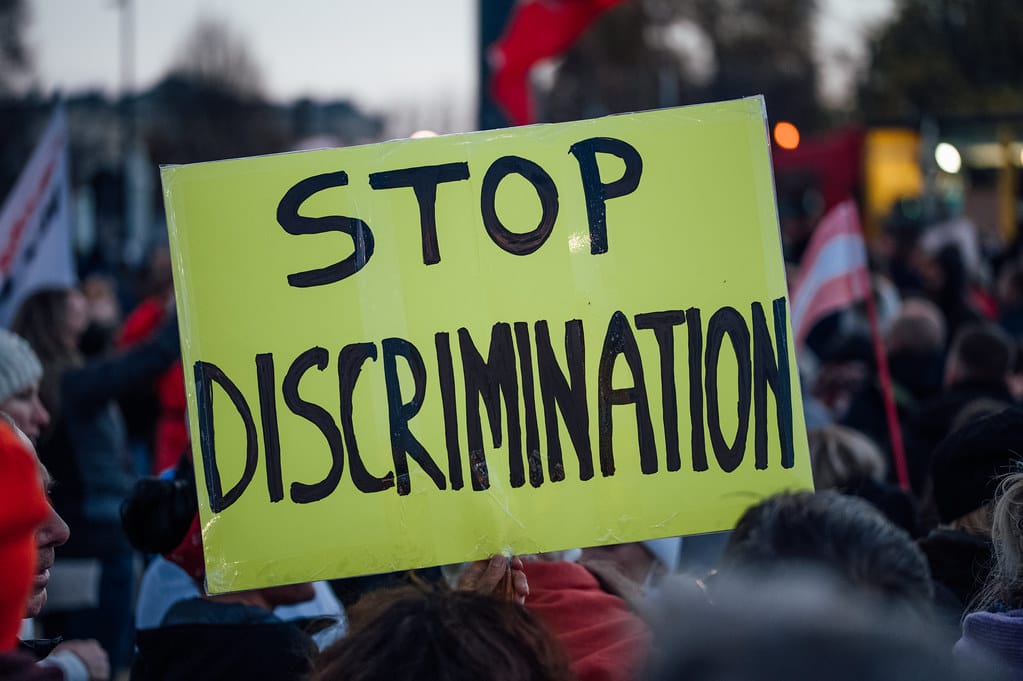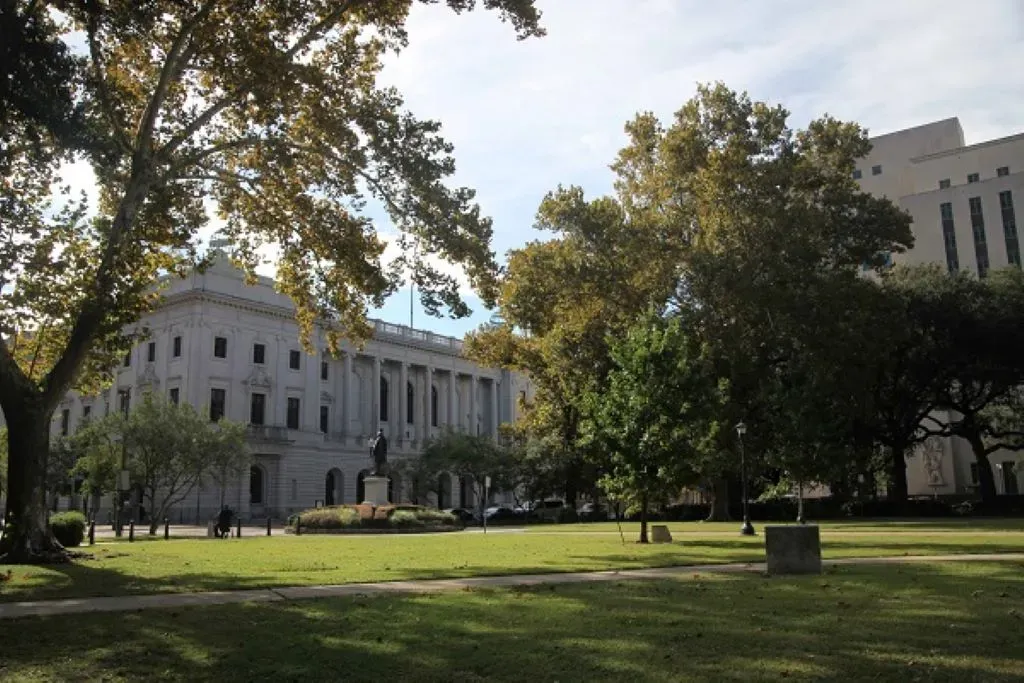
WASHINGTON, April 2, 2024 – As rural internet service providers push back on new reporting requirements proposed by the Federal Communications Commission, various advocacy groups and stakeholders are urging the commission to expand the requirements to include information they deem essential to uncovering instances of digital discrimination.
Alongside the digital discrimination rules adopted by the FCC last November, the agency also issued a proposal seeking comment on rules that would require broadband providers to submit annual reports, supplemental to the Broadband Data Collection.

The proposed rules would require detailing significant broadband deployment projects as well as upgrades and maintenance completed in the preceding year.
With its additional proposal, the FCC also invited input on a proposal that would require ISPs to establish an internal compliance program, conducting regular assessments to determine which communities are served by large-scale projects, and whether their policies might disproportionately affect consumer access to broadband.
The FCC’s Digital Discrimination Rules
The controversies and details surrounding the FCC’s rules to prevent and eliminate digital discrimination.

Additionally, the FCC sought input on whether the agency should establish an Office of Civil Rights. Comments were due on Monday.
While providers and trade associations mostly decried the new reporting mandates as duplicative and burdensome, nonprofits and advocacy groups stress the importance of collecting such data to uncover instances of digital discrimination, and have also proposed processes that would reduce the reporting burden highlighted in many ISPs’ comments to the FCC.
NDIA advocates merging digital discrimination reporting with Broadband Data Collection
The National Digital Inclusion Alliance suggested on Monday that the FCC merge the new digital discrimination reporting requirements with the Broadband Data Collection, which already requires ISPs to biannually report certain metrics, to simplify procedures and ease the burden on ISPs.
NDIA emphasized the importance of requiring uniform granularity in data being reported, arguing that the same level of granularity as the BDC was necessary for the FCC to ensure consistency and accuracy across regions.
Currently the granularity level required for ISP reporting under the digital discrimination rules is at the census tract level. NDIA advocated for increased granularity in data collection, contending that relying solely on census tracts may obscure instances of discrimination, especially in rural and tribal regions where census tracts may be too large to accurately identify such occurrences.
NDIA also pushed for the incorporation of additional data concerning network performance, pricing, project completion dates, and demographics into ISPs’ annual reporting requirements. Without such data, the advocacy group argued, the ability of the commission and other stakeholders to identify policies or practices disproportionately impacting consumers’ broadband access based on factors like income, race, and ethnicity would be hampered.

Echoing the call for more comprehensive reporting, Next Century Cities urged the commission on March 22 to mandate ISPs to disclose the count of participants in the Affordable Connectivity Program who transition to new or existing low-cost plans post-program, or whether those consumers opt out of continuing their monthly internet service from the ISP.
NCC said by evaluating these subscriber trends regulators could discern whether ISPs are effectively providing affordable options or pricing a significant portion of low-income consumers out of the market, indicating potential instances of digital discrimination.
Public Knowledge, in conjunction with the Benton Institute, and the Electronic Privacy Information Center, called on Monday for the commission to require providers to demonstrate efforts to secure available state and federal funding before claiming that a project is not economically feasible. A plea first made by the California Public Utility Commission in their comments.
The three non-profits emphasized that if an internet service provider claims a project is not economically viable in response to allegations of digital discrimination, but fails to pursue all available state and federal funding to address economic obstacles, “the commission should investigate that internet service provider’s policies and practices.”
NDIA, Public Knowledge, Benton, and EPIC all supported the FCC’s proposal to establish an Office of Civil Rights.
Additionally, in a notice filed on March 19 that emphasized the important role the office would play in identifying, investigating, and addressing instances of digital discrimination, the National Urban League, National Coalition on Black Civic Participation, and Black Women’s Roundtable said that the office was necessary.
Debates arise over proposed reporting exemptions for rural, tribal providers
The FCC’s notice seeking comment also invited input on the potential for exempting providers primarily serving rural and tribal consumers from reporting requirements, along with exemptions for smaller providers.
ACA Connects on March 11 asked for relief from what they called “complex” and “extensive” requirements of the digital discrimination rule, complying with Broadband Consumer Label requirements, adhering to the wind-down stipulations of the Affordable Connectivity Program, and the new Customer Proprietary Network rules, as well as state regulations.
Additionally, a consortium of 348 rural broadband providers said Friday that they were seeking exemption from the pending reporting regulations, arguing that the FCC has failed to amass a record with “hard data or even soft anecdotal comment” as an impetus to impose the reporting obligations on rural providers.
Meanwhile, the National Rural Electric Cooperative Association said Monday that rural electric cooperatives are intrinsically nondiscriminatory and therefore deserve an exemption from the digital discrimination reporting mandates.
NDIA had opposed those exemptions. “By excluding those ISPs, the commission excludes two identified covered populations defined by the Infrastructure Investment and Jobs Act, therefore infringing on the ability of the Broadband Equity Access and Deployment program and Digital Equity programs to be completed as Congress intended.”
“Instead of providing exemptions to these ISPs, the Commission should provide technical assistance so smaller ISPs can collect and submit the needed data despite limited capacity,” NDIA urged.
Legal battles may delay action on proposed rules
In a filing on Monday, NCTA – The Internet and Television Association, ACA Connects, and the Wireless Internet Service Providers Association urged the commission to postpone consideration of the proposed rules. The FCC should wait until judicial appeals are resolved before taking further action, the ISP groups said.
At least 16 parties have filed petitions to review the FCC’s order adopting the rules, accompanied by at least three legal cases aimed at challenging the FCC’s digital discrimination rules in court.
Wireless Trade Groups File Suit Against FCC Digital Discrimination Order
The suit filed Tuesday marks the third legal case to target the FCC’s digital discrimination rules since adopted in November.

The suit filed by the U.S. Chamber of Commerce against the FCC asking the court to vacate the digital discrimination order is supported by state and industry telecom associations.
Chamber of Commerce Asks Fifth Circuit to Vacate Digital Discrimination Rules
The group has argued the rules go beyond the FCC’s authority under the Infrastructure, Investment and Jobs Act.

In a motion filed with the Eighth Circuit Court on Friday, the FCC said the parties in the case agreed with a preliminary assessment that the consolidated cases being considered should be broken into two groups—one for industry petitions and another for public interest petitioners.
The FCC’s new digital discrimination rules took effect on March 22. While the rules are technically law now, the agency won’t have the authority to begin investigations or enforce sanctions until September 2024.


![Read more about the article Social Media Safety for Kids in 2022 [A Parent’s Guide]](https://sonicsurfisp.com/wp-content/uploads/2022/11/social-media-safety-for-kids-in-2022-a-parents-guide-300x180.png)